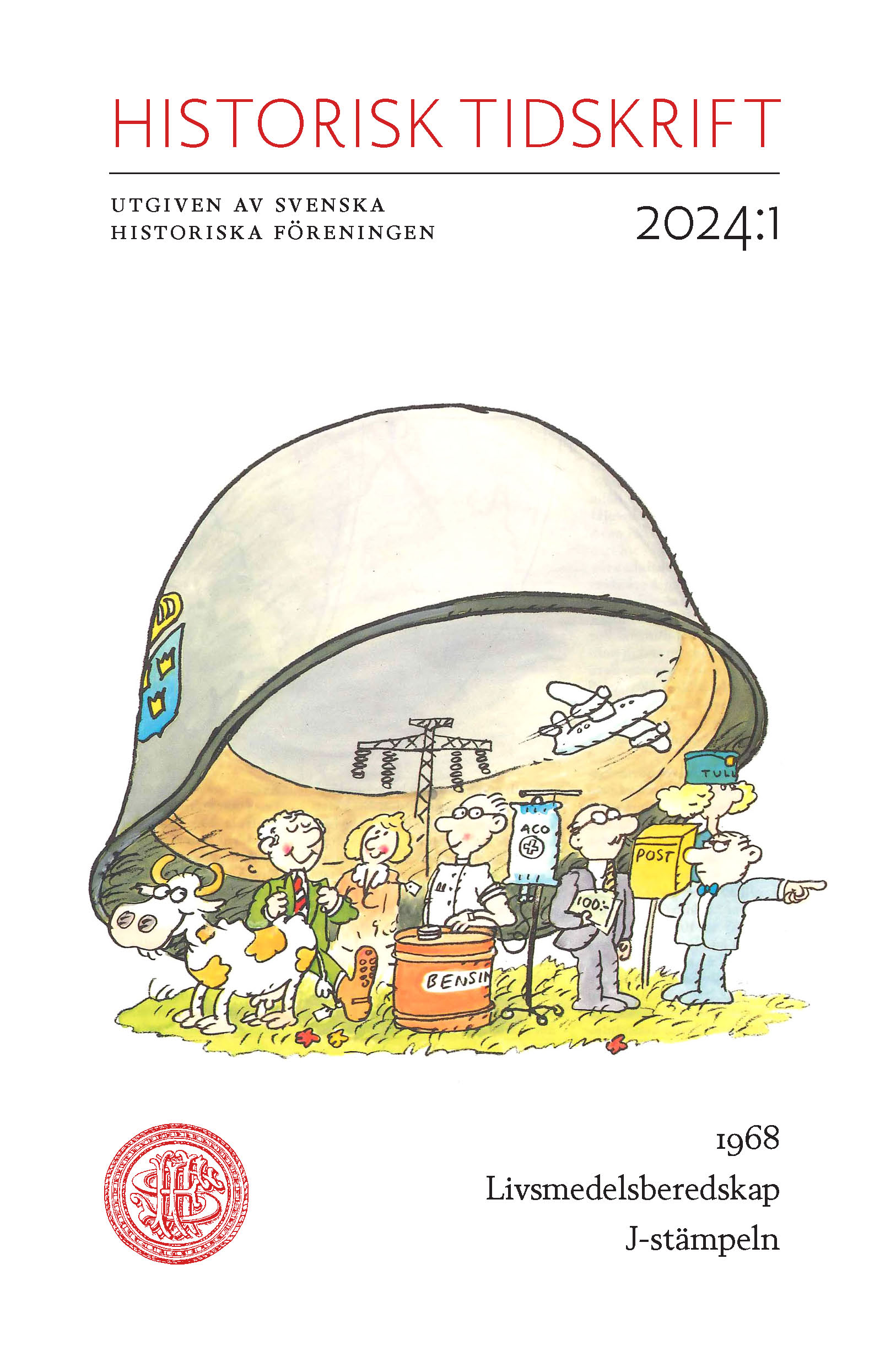Abstract
The Båstad tennis protest of 1968: Left-wing activism and right-wing counter-mobilisation
In the spring of 1968, Sweden was supposed to play a Davis Cup tennis match against Rhodesia, a quasi-apartheid state in southern Africa. The game was scheduled to be played on 3 May in the small town of Båstad in southern Sweden. However, hundreds of anti-racist activists gathered and stopped the game from starting. There were hours of confrontations with police (who used tear gas and a fire hose), making it the most violent protest in Sweden in 1968. Despite this, the Båstad tennis protest is seldom mentioned in historical narratives of the political radicalisation process in Sweden in the 1960s. In this article, the protest is analysed systematically for the first time, with a focus on the planning, how it was carried out, and its violent aftermath (several activists were attacked by local mobs). Not only is the protest analysed, but it is used to problematise traditional narratives about 1968.
Two key conclusions are drawn. First, the Båstad protest shows that Sweden in 1968 was more confrontational and violent than is often assumed. Not as violent as West Germany or France, but still, the Båstad protest does not tally with the general assumption that the radicalisation of Sweden was peaceful. Second, Sweden in 1968 not only was marked by left-wing activism; the right mobilised too, although this has been studied far less. In Båstad, the activists were harassed by violent mobs, and local right-wing leaders mobilised local opinion for restrictions on the democratic right of assembly and protest. This right-wing mobilisation was also a part of 1968 in Sweden and should be studied in more detail.

